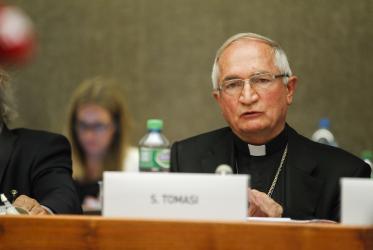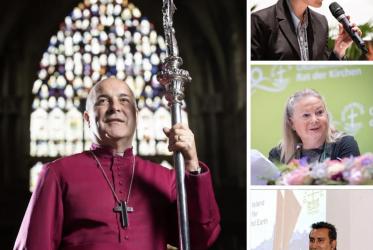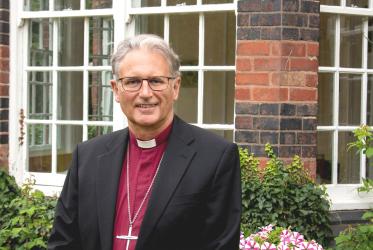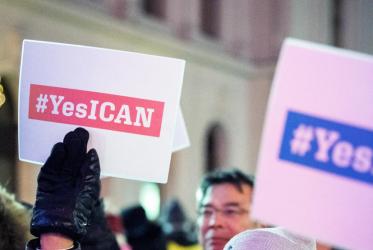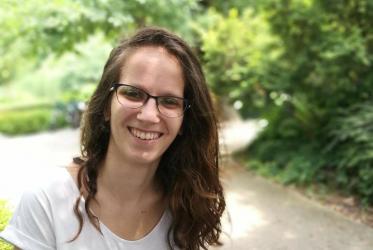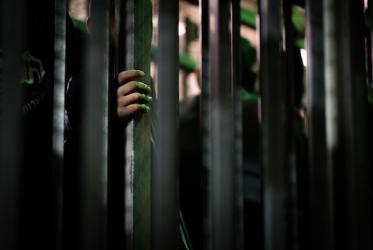Displaying 41 - 60 of 134
Webcast strives to describe path to a nuclear weapons-free world
28 January 2021
“Coventry Cathedral continues to speak a word of hope to the world”
10 December 2020
Churches should use their voice on climate change
26 February 2020
On International Human Rights Day, WCC’s work is ever-present
10 December 2019
WCC pressing ahead with disarmament work
28 August 2019
WCC celebrates life of Archbishop John Habgood
18 March 2019
